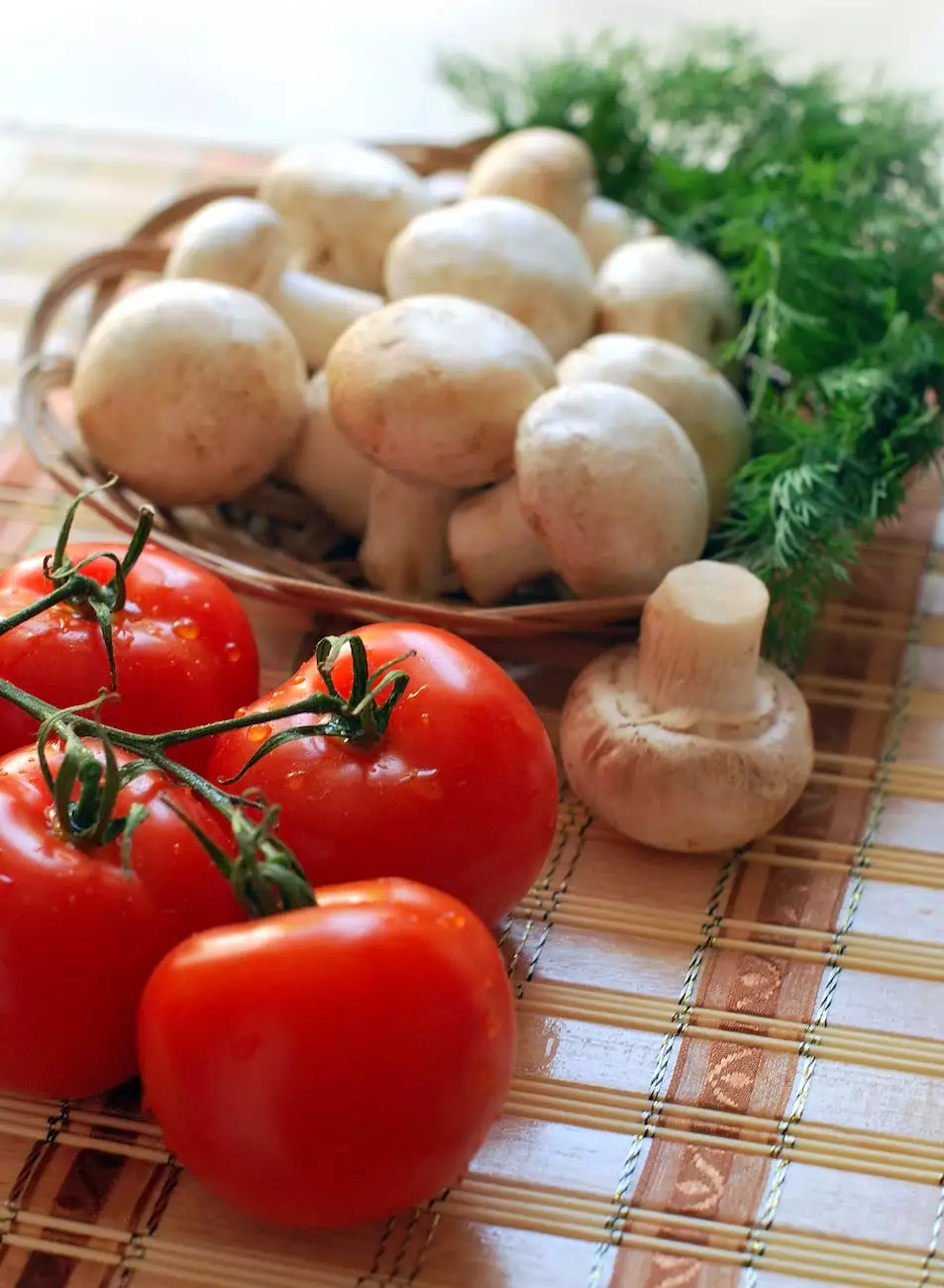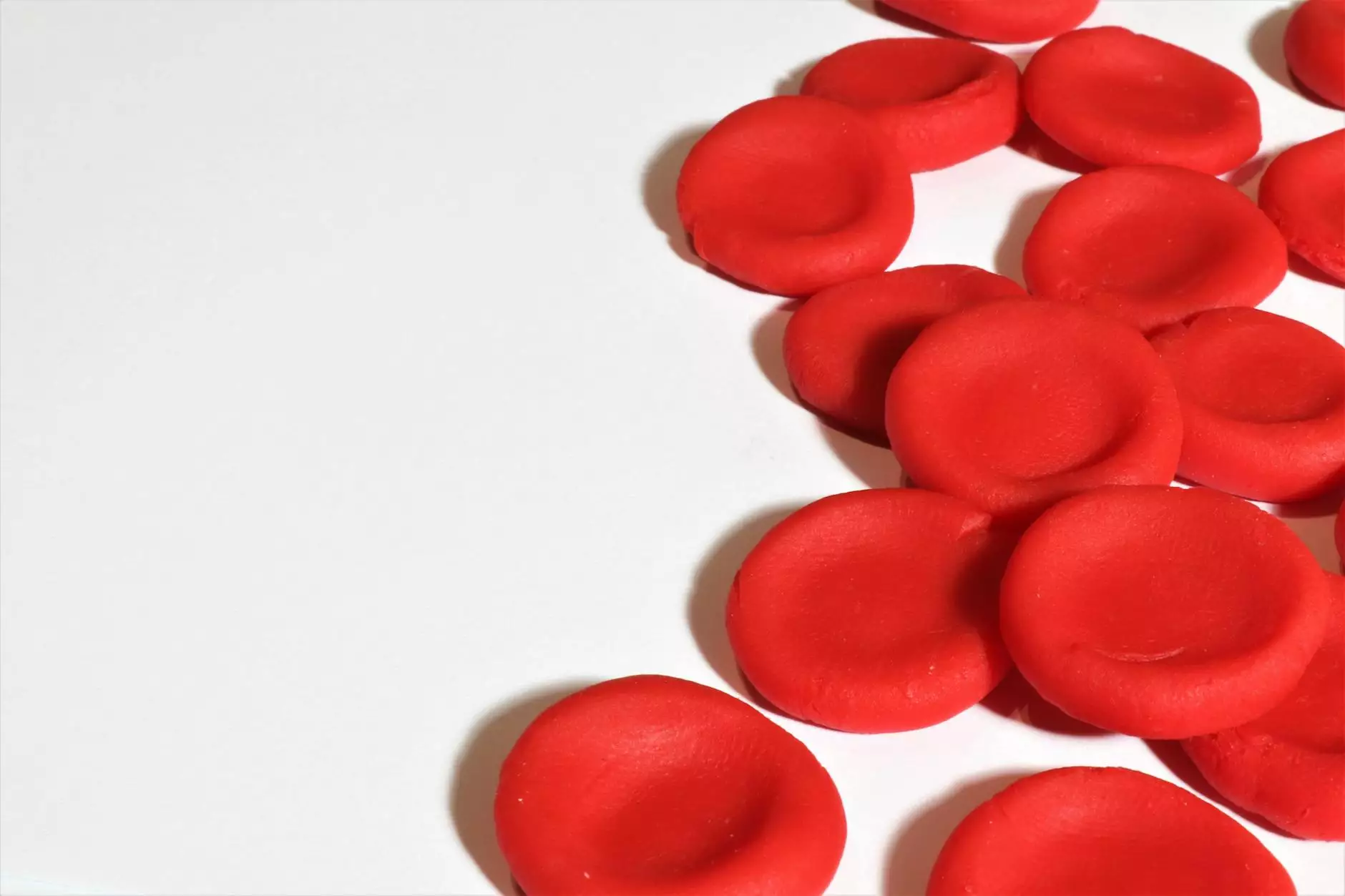Peptic Ulcers
Resources
Understanding Peptic Ulcers
Peptic ulcers are open sores that develop on the lining of the stomach, upper small intestine, or esophagus. These painful lesions can be caused by various factors including bacterial infections, long-term use of nonsteroidal anti-inflammatory drugs (NSAIDs), excessive stomach acid production, or stress. If left untreated, peptic ulcers can lead to more serious complications.
Common Symptoms
Identifying the symptoms associated with peptic ulcers is crucial for early detection and prompt treatment. Some common signs include:
- Abdominal pain: A burning or gnawing pain in the abdomen, typically between the breastbone and the navel.
- Nausea and vomiting: Feeling nauseous or vomiting blood can be indicative of a peptic ulcer.
- Loss of appetite: Due to the discomfort caused by peptic ulcers, individuals may experience a reduced appetite and unintentional weight loss.
- Bloody or dark stools: Internal bleeding caused by peptic ulcers may result in bloody or tarry stools.
- Heartburn and acid reflux: Increased stomach acid production can lead to frequent heartburn and acid regurgitation.
Natural Treatment Options
At Sanctuary Therapies, we focus on providing alternative and natural medicine to support the healing of peptic ulcers. Our holistic approach aims to address the root causes while promoting overall well-being. Here are some natural treatment options to consider:
Dietary Modifications
Adjusting your diet can help alleviate symptoms and support the healing process. Incorporate foods that are known to promote digestive health such as:
- Probiotics: Yogurt and fermented foods like sauerkraut can introduce beneficial bacteria to the gut, aiding in digestion and reducing inflammation.
- Fiber-rich foods: Whole grains, fruits, and vegetables with high fiber content can help regulate digestion and reduce acidity.
- Ginger: Known for its anti-inflammatory properties, ginger can help soothe the stomach and promote healing.
- Green leafy vegetables: These are packed with essential nutrients and antioxidants that support the recovery of damaged tissues.
Stress Management
Chronic stress can exacerbate peptic ulcer symptoms. Incorporating stress management techniques into your routine can help promote healing and prevent flare-ups. Consider practices such as:
- Meditation and mindfulness: Engaging in activities that calm the mind, such as meditation or deep breathing exercises, helps reduce stress levels.
- Yoga and tai chi: Gentle movements and stretching can alleviate tension, improve circulation, and induce relaxation.
- Regular exercise: Physical activity releases endorphins, which help reduce stress and promote overall well-being.
- Adequate sleep: Prioritize quality sleep to ensure your body can repair and rejuvenate itself.
Herbal Remedies
Herbal remedies have been used for centuries to support digestive health and alleviate symptoms associated with peptic ulcers. Here are some popular options:
- Aloe vera: Known for its soothing properties, aloe vera can help reduce inflammation and promote healing.
- Marshmallow root: This herb forms a protective layer in the digestive tract, reducing the impact of stomach acid on the ulcers.
- Chamomile: Chamomile tea can help relax the stomach muscles and relieve pain and inflammation.
- Licorice root: With its anti-inflammatory properties, licorice root can aid in healing and protect the stomach lining.
When to Seek Professional Help
While natural treatments can be effective, it's important to seek professional medical advice for the diagnosis and treatment of peptic ulcers. Our experienced therapists can provide personalized guidance, ensuring a holistic and safe approach to your healing journey. Contact Sanctuary Therapies today to schedule a consultation.










